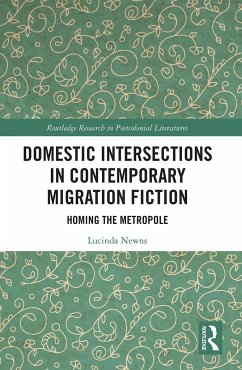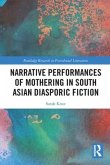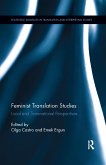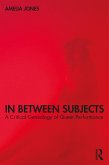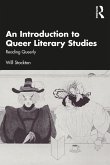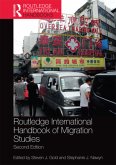Domestic Intersections in Contemporary Migration Fiction responds to the need for a more materialist perspective on migration by reorienting the focus on domesticity and the everyday practices of homemaking and away from a celebratory and aestheticized reading of displacement. Centering on Britain as the location of arrival, its readings of canonical and underexplored works of diasporic fiction emanating from Africa, South Asia and the Caribbean foreground the significance of discourses of domesticity in supporting as well as resisting colonialism, racism and xenophobia. Applying an intersectional feminist approach, this book challenges the tendency to view the private sphere as a static, apolitical and uncreative space. Rather, Newns argues, we should regard the domestic home as a key site for contesting the terms of belonging within larger spaces and collectivities, such as the city and the nation. Ultimately, by demonstrating the material importance of homely spaces for non-privileged migrants like women, refugees and LGBTQ+ people, Domestic Intersections problematizes the critical suspicion towards home and placement in feminist, postcolonial and queer theory.
"In this politically sensitive and timely book, Lucinda Newns challenges critical orthodoxies in order to revise the correlation of domestic space with insularity, normativity, and stasis. By showing how migrant fiction evokes alternative practices of homemaking, her intersectional readings offer a multifaceted contribution to the study of belonging in postcolonial, feminist, and queer studies." David James, University of Birmingham
"In this age of homelessness and displacement, home is not automatically a safe space. Lucinda Newns shows that for migrants, LGBTQI people, women, and refugees, home is a process striated by violence and enforced uprooting. Her important new book updates postcolonial discussions of home for this complex and fraught twenty-first century era." Claire Chambers, University of York
"In this age of homelessness and displacement, home is not automatically a safe space. Lucinda Newns shows that for migrants, LGBTQI people, women, and refugees, home is a process striated by violence and enforced uprooting. Her important new book updates postcolonial discussions of home for this complex and fraught twenty-first century era." Claire Chambers, University of York

